Democracies can die, Jacinda Ardern told Harvard. She should know
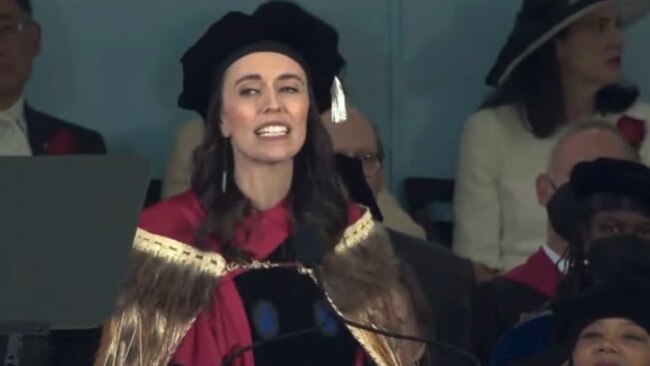
But few of those hearing her warning that “Democracy can be fragile” would have any idea of her stealthy and persistent attempts to strangle it in her homeland.
While she was more than happy to pose before a receptive audience in Boston as a staunch defender of democratic ideals — with the Harvard Gazette heading its summary: “Ardern’s forceful reminder: Democracies can die” — she is far more equivocal about the topic at home.
Perhaps that should not be surprising as she bends to the will of her powerful Māori caucus to insert “co-governance” with unelected iwi (tribe) members into a broad swathe of New Zealand life — from health and education to the conservation estate and planning law.
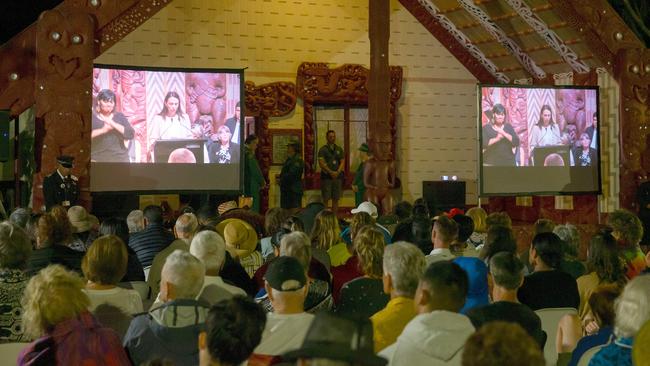
The concept of “co-governance” — based on a radical interpretation of the Treaty of Waitangi as a contract that mandates 50:50 power-sharing between iwi and the Crown — is, at heart, a form of ethno-nationalism, and completely antithetical to true democracy.
The politician who appears most acutely aware of Ardern’s ambivalence about democracy is the leader of the right-leaning ACT Party, David Seymour.
On March 29, he asked the Prime Minister in parliament if she agreed with the statement: “ ‘All political authority comes from the people by democratic means including universal suffrage, regular and free elections with a secret ballot’, and, if so, how is that consistent with more and more governance roles being appointed along ethnic lines instead of elected?”
Seymour was being more than a little mischievous because the first part of the statement comes directly from the Labour Party constitution.
Looking discombobulated, Ardern replied: “Of course, I support the longstanding principles of democracy in this nation, but the idea that that cannot sit alongside Te Tiriti o Waitangi, I take issue with that. We are more sophisticated than that, surely, than to take such a simplistic view.”
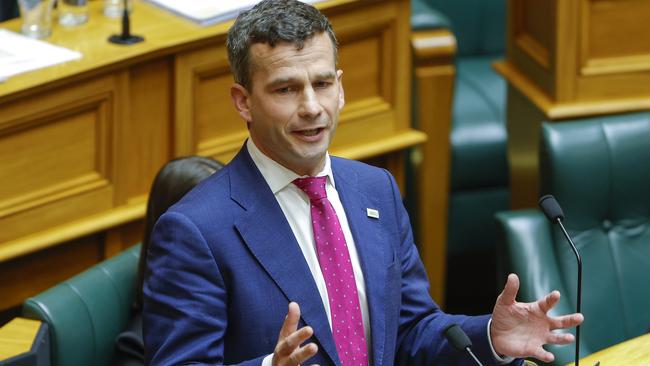
So, in the Prime Minister’s mind, the undemocratic practice of appointing people to positions of power by reason of their ancestry can happily sit “alongside” democratic process. And objecting to such a hybrid political system apparently makes critics unsophisticated and “simplistic” thinkers.
Just a week after Seymour’s question, a Labour backbencher, Tamati Coffey, began the first reading of a bill brought to Parliament on behalf of the Rotorua District Council that would have, if passed, up-ended the democratic principle of equal suffrage — “one person, one vote of equal value”.
Alongside four ‘at large’ seats, the bill would have allowed 22,000 voters on the Māori roll to elect three ward councillors at this year’s local body elections while 56,000 voters on the general roll would also elect three ward councillors. In short, each voter on the Māori roll would have roughly 2.5 times the voting power of someone on the general roll.
All of Labour’s caucus — including the Prime Minister — voted for the bill to proceed to a select committee hearing.
It was only abandoned after Attorney-General David Parker issued an opinion that the proposed law discriminated against non-Māori under the provisions of the Bill of Rights Act.
Yet, even after that legal rebuke, Māori Development Minister Willie Jackson was pushing the same point of view Tamati Coffey had expressed in Parliament with his inflammatory statement, “There is nothing to preclude us being able to tweak democracy to make it work for us here in Aotearoa.”
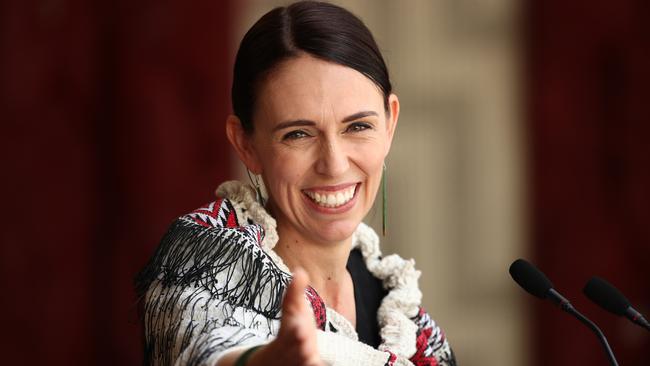
Appearing on the state broadcaster TVNZ in late April, Jackson said: “Democracy has changed … we’re in a consensus-type democracy now.
”This is a democracy now where you take into account the needs of people, the diverse needs, the minority needs … It’s not the tyranny of the majority anymore … that’s what co-management and co-governance is about.”
Ardern did not resile from the views expressed by Jackson when Seymour tried again on May 3 to pin her down on her support for democracy. During Question Time in Parliament, he asked whether she stood by Jackson’s view that “democracy has changed”.
Ardern avoided answering directly but tacitly endorsed her minister’s view. She said, “We’re very clear around ensuring that people have greater access to their democracy in New Zealand.” She also claimed that “improvements to our system” had ensured a “much more diverse parliament”.
In contrast to Ardern’s repeated equivocation, when Scott Morrison conceded defeat to his Labor opponent Anthony Albanese he readily acknowledged “the functioning of our democracy”.
It is concerning that, when asked, Ardern seems to find it difficult to endorse democracy in New Zealand in quite such a straightforward manner.
Graham Adams is an editor and journalist who writes mainly about New Zealand politics

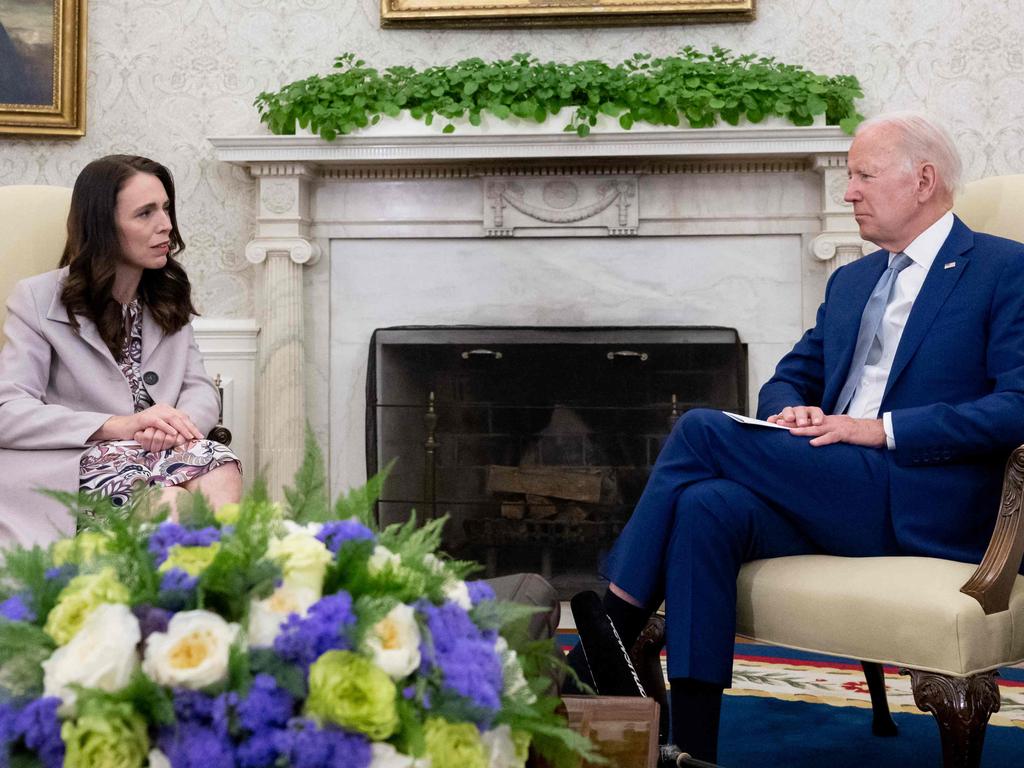
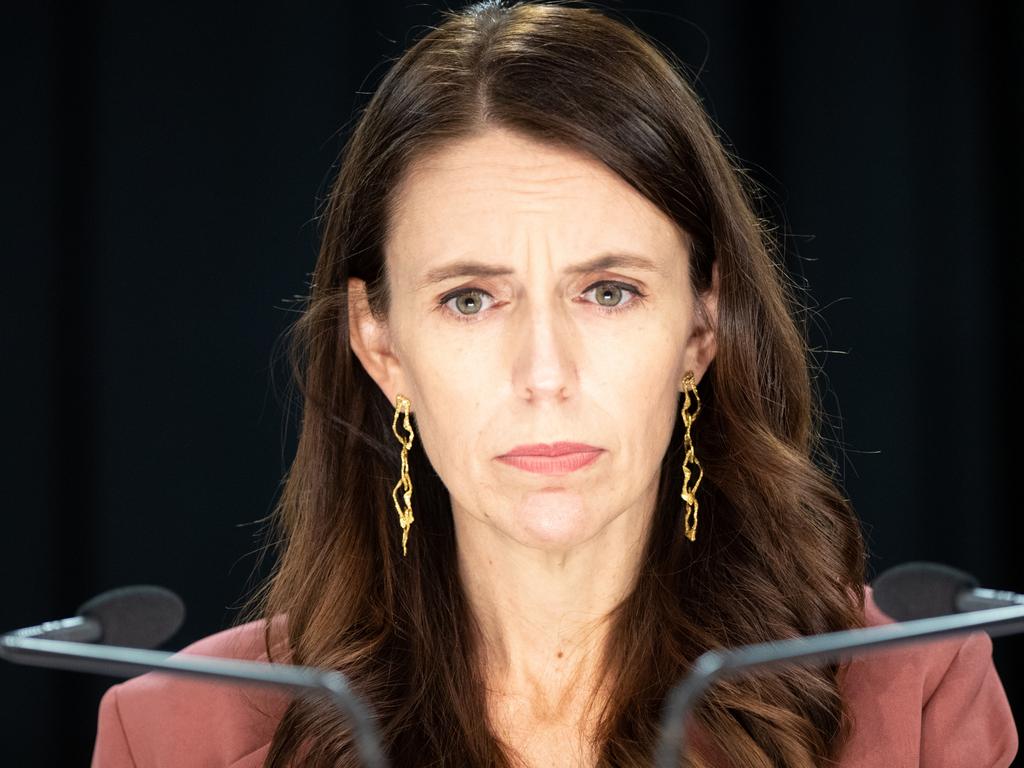
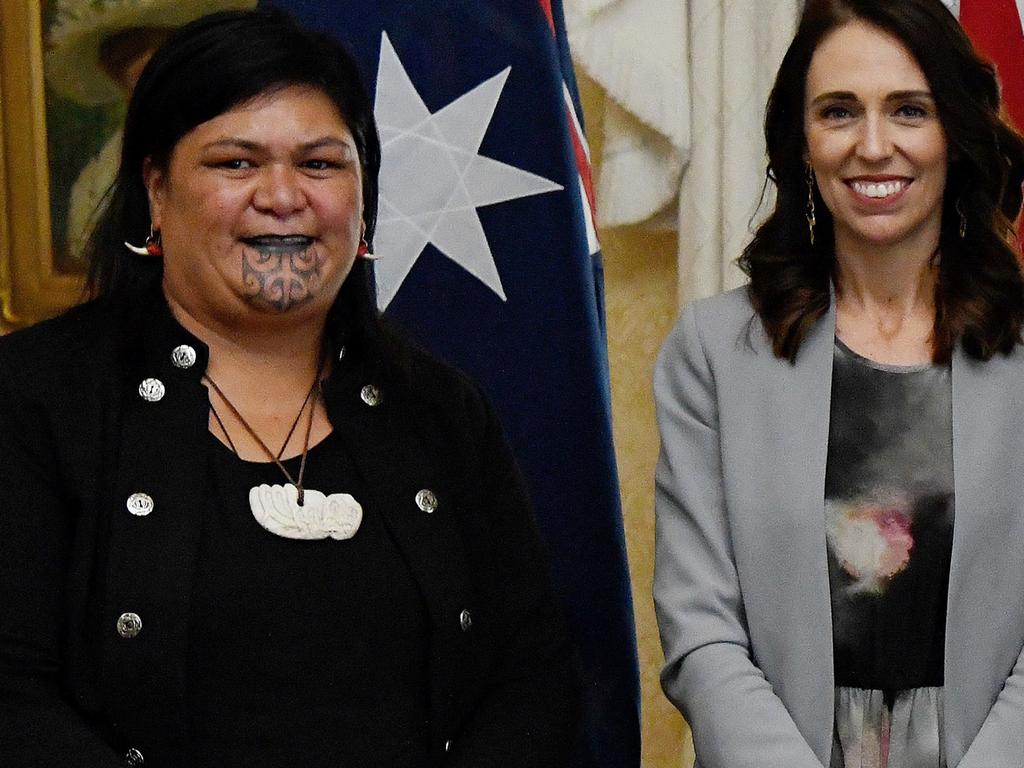



The 8000 graduating students at Harvard who listened to the Commencement Address delivered by New Zealand’s Prime Minister last week probably found her defence of democracy inspiring.